Pistachios are not only a delicious and versatile snack but also a nutritional powerhouse. With a vibrant history and a wide array of health benefits, these small green nuts have gained popularity worldwide. In this comprehensive article, we explore the world of pistachios, including their origins, nutritional profile, potential health benefits, ways to incorporate them into your diet, and precautions to consider. Whether you enjoy them as a standalone snack, incorporate them into your recipes, or use them as a topping, pistachios offer a flavorful and nutrient-rich addition to a balanced diet.
What are Pistachios?
Pistachios are the edible seeds of the Pistacia vera tree, native to the Middle East. Enclosed in a hard, beige shell, pistachios have a unique greenish hue and a sweet, nutty flavor. They are often enjoyed as a snack and are used in various culinary applications, from baking to savory dishes.
Pistachios have a fascinating history that spans thousands of years. Originating in the Middle East, they have been cultivated and consumed since ancient times. Historically, they were considered a symbol of wellness and royalty, and they were often given as gifts. Today, pistachios are grown in many regions across the globe, including the United States, Iran, and Turkey.
Nutritional Profile of Pistachios
Pistachios are not only delicious but also packed with essential nutrients. They are an excellent source of protein, fiber, and healthy fats, including monounsaturated and polyunsaturated fats. Pistachios are also rich in vitamins and minerals, such as vitamin B6, thiamine, copper, and manganese. Additionally, they contain powerful antioxidants, such as lutein and zeaxanthin.
Health Benefits of Pistachios
Incorporating pistachios into your diet can offer a range of health benefits, including:
- Heart Health: Pistachios have been shown to support heart health by reducing LDL (“bad”) cholesterol levels and promoting a healthy lipid profile.
- Weight Management: Despite their relatively high calorie content, pistachios can be beneficial for weight management due to their fiber and protein content, which help increase satiety and control appetite.
- Blood Sugar Control: Pistachios have a low glycemic index and may help regulate blood sugar levels, making them a suitable snack option for individuals with diabetes or those aiming to maintain stable blood sugar levels.
- Eye Health: The antioxidants lutein and zeaxanthin present in pistachios are beneficial for eye health and may help reduce the risk of age-related macular degeneration.
- Gut Health: Pistachios are a good source of dietary fiber, which promotes a healthy digestive system and aids in maintaining bowel regularity.
How to Incorporate Pistachios into Your Diet
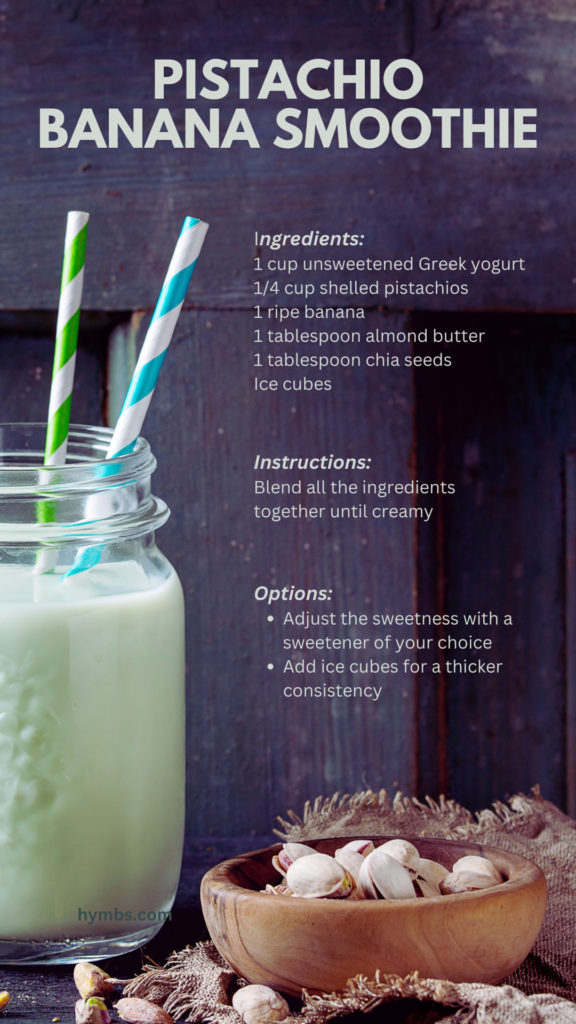
Pistachios are a versatile nut that can be incorporated into your diet in various ways. Here are some ideas:
- Snack on Pistachios: Enjoy a handful of pistachios as a satisfying and nutritious snack on their own or combine them with dried fruits for a homemade trail mix.
- Culinary Uses: Add crushed or chopped pistachios to salads, yogurt, or cereal for a delightful crunch and nutty flavor. They can also be used as a coating for meat or fish, or as a topping for desserts.
- Pistachio Butter: Make your own pistachio butter by blending roasted pistachios in a food processor until creamy. Use it as a spread on toast, crackers, or as a dip for fresh fruits and vegetables.
- Baking: Incorporate pistachios into your baking recipes, such as cookies, cakes, and muffins, for added texture and flavor.
Precautions when Consuming Pistachios
While pistachios offer numerous health benefits, it’s important to be aware of a few precautions:
- Allergies: Some individuals may be allergic to pistachios or other nuts. If you have a known nut allergy, it is crucial to avoid pistachios and related products.
- Portion Control: Pistachios are calorie-dense, so it’s important to consume them in moderation. Stick to recommended serving sizes to avoid excessive calorie intake.
- Sodium Content: Salted pistachios can be high in sodium, which may not be suitable for individuals on a low-sodium diet or those with certain health conditions. Opt for unsalted or lightly salted varieties whenever possible.
- Pistachio Shells: Avoid consuming pistachios that have not been properly shelled or cracked, as the shells can pose a choking hazard.
Conclusion
Pistachios are delicious and nutrient-packed nuts with a rich history and an abundance of health benefits. Whether you enjoy them as a snack, incorporate them into your meals, or use them in baking, pistachios provide an array of essential nutrients, including protein, fiber, healthy fats, vitamins, and minerals. From promoting heart health and aiding in weight management to supporting blood sugar control and eye health, pistachios offer a range of advantages for overall well-being. However, it’s important to be mindful of allergies, practice portion control, and consider any specific dietary restrictions or precautions. By savoring the unique flavor and harnessing the nutritional power of pistachios, you can embark on a journey of culinary delight and optimize your health and wellness.
Image by Erika Varga from Pixabay
Seeds and Nuts
-

Hemp Seeds Are Essential For Overall Health and Wellness
Hemp seeds, also known as hemp hearts, have gained widespread recognition due to their impressive nutritional composition and adaptability in various culinary creations. Derived from the Cannabis sativa plant, hemp seeds offer a wealth of health benefits and can effortlessly enhance your daily diet. In this article, we will explore the reasons why hemp seeds…
-

How to Unleash the Nutritional Power of Flax Seeds
-

Macadamia Nuts Are A Nutritional Powerhouse and Culinary Delight
-

Top 3 Nut Butters for Your Best Health
-

Pine Nuts – A Nutrient-Packed Delicacy with a Rich History
-

Pistachios: A Nutritional Powerhouse with a Rich History
-

Pecans for Heart and Brain Health but Not Kidneys

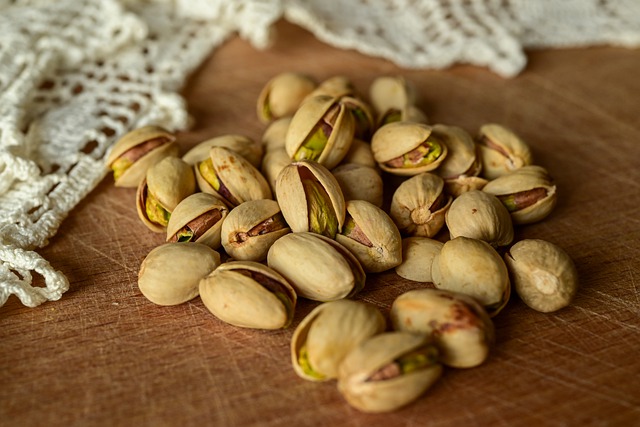
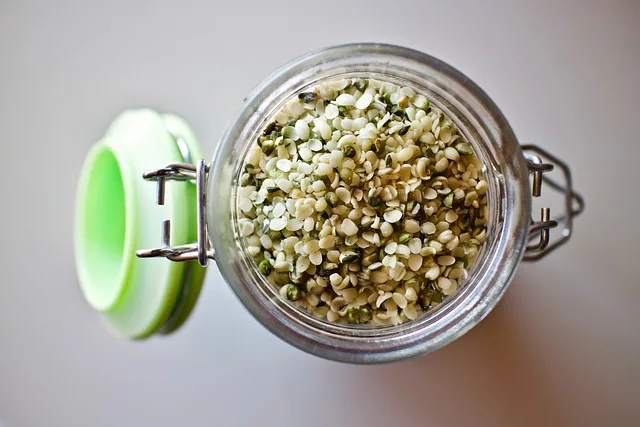
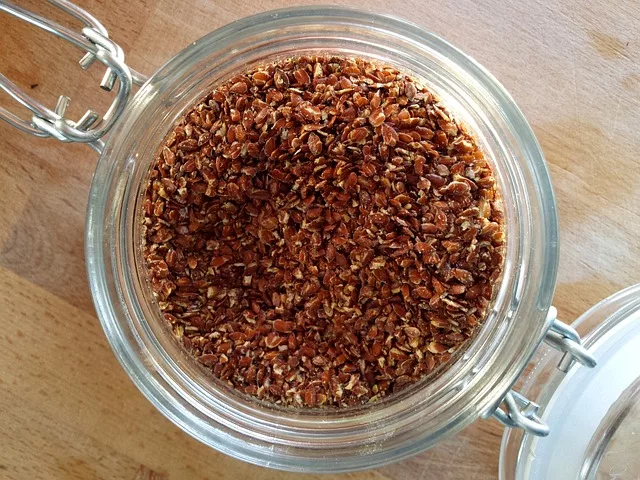
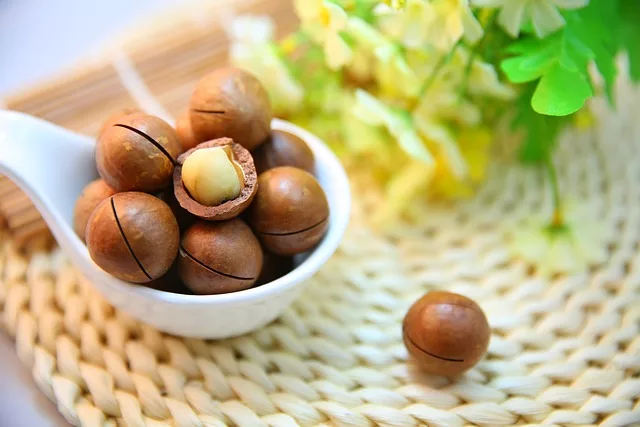
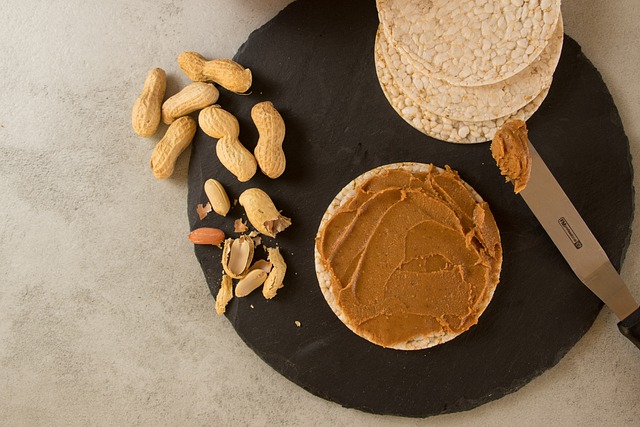


Leave a Reply